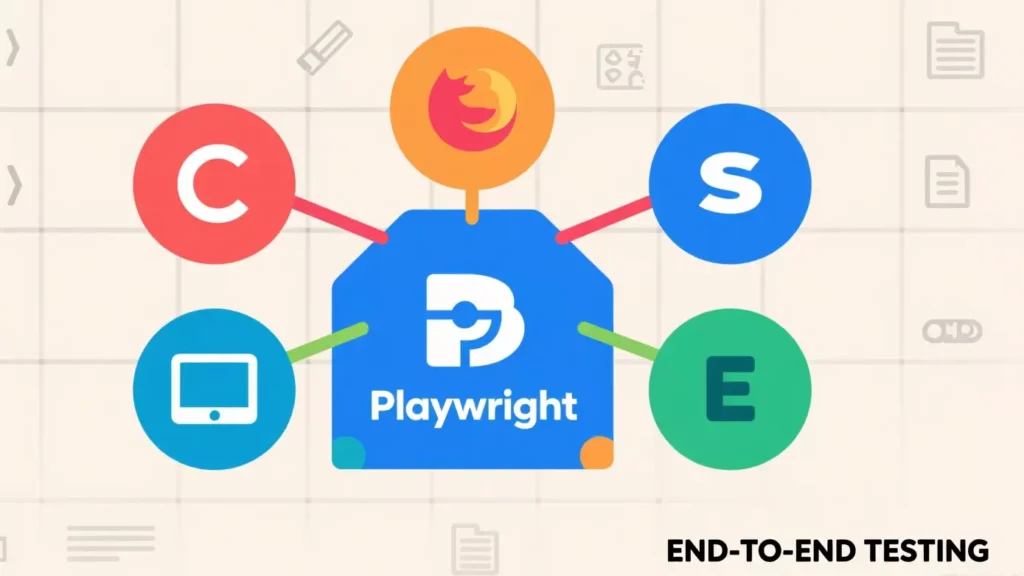In the evolving landscape of web scraping, selecting the right tool is key to extracting accurate data efficiently. Among many options, Playwright, a modern browser automation library by Microsoft, stands out for its robustness in handling dynamic websites. However, tools like Selenium, Puppeteer, and BeautifulSoup still hold their ground. This article compares these popular tools to help you decide which best fits your web scraping projects, and how proxy services can boost your scraping efficiency.

What Makes Playwright Special?
Playwright supports automation across Chromium, Firefox, and WebKit browsers with a single API, making it versatile for scraping tasks involving complex, JavaScript-heavy sites. It automatically handles waiting for elements and user interactions, reducing the risk of flaky scripts.
When scraping modern websites, speed and reliability matter. Combining Playwright’s features with residential or ISP proxies ensures smoother access and prevents IP blocks, especially during large-scale crawls.
Playwright vs Selenium: Reliability and Multi-browser Support
Selenium, a veteran in browser automation, supports many languages and browsers but sometimes struggles with modern SPA (Single Page Application) sites due to slower execution and manual wait handling.
Playwright addresses these challenges by:
- Providing better auto-waiting and synchronization
- Offering true multi-browser automation with consistent APIs
- Allowing parallel concurrent sessions, essential for scaling scraping projects
To avoid IP bans or throttling when scraping sites with Selenium or Playwright, IPFLY’s proxy solutions offer diverse IP pools and geo-distributed servers, enabling uninterrupted data gathering.
Playwright vs Puppeteer: Cross-browser Flexibility
Puppeteer mainly targets Chromium browsers, making it great for simpler projects but limiting if you need Firefox or Safari compatibility. Playwright supports all three major engines and advanced features like multiple browser contexts.
If you require scraping from different geographical locations or browsers, integrating Playwright with IPFLY’s static residential proxies can help emulate real users worldwide, enhancing access and anonymity.
Playwright vs BeautifulSoup: Browser Automation vs HTML Parsing
BeautifulSoup is excellent for parsing static HTML content in Python but cannot interact with dynamic content or simulate user actions. Playwright fills this gap by rendering JavaScript and enabling clicks, scrolling, and form filling.
A common approach is to use Playwright to fetch the fully rendered page, then pass the content to BeautifulSoup for detailed parsing.
When running such hybrid scraping setups, IPFLY’s proxies ensure your IP doesn’t get flagged during heavy requests.
Why IPFLY Proxies Matter for Playwright Users

Setting Up Playwright with IPFLY Proxies
To optimize Playwright scraping:
- Choose the right proxy type from IPFLY based on your needs—dynamic residential proxies for rotating IPs, or static residential proxies for persistent IPs.
- Configure Playwright to route browser traffic through IPFLY proxies by setting proxy credentials in the browser context.
- Use IPFLY’s global IP network to mimic real user locations, improving data quality and avoiding blocks.
IPFLY also offers robust API access for seamless integration with your scraping infrastructure.
Conclusion: Choose Playwright and IPFLY for Efficient Web Scraping

Playwright’s advanced browser automation capabilities make it a powerful tool for scraping complex web data. When paired with IPFLY’s reliable proxy services, it ensures scalable, secure, and uninterrupted scraping.
Whether you’re handling simple crawls or large-scale data collection, leveraging Playwright alongside IPFLY proxies and staying connected via our Telegram channel (https://t.me/IPFLY_PROXY) will elevate your scraping projects.


